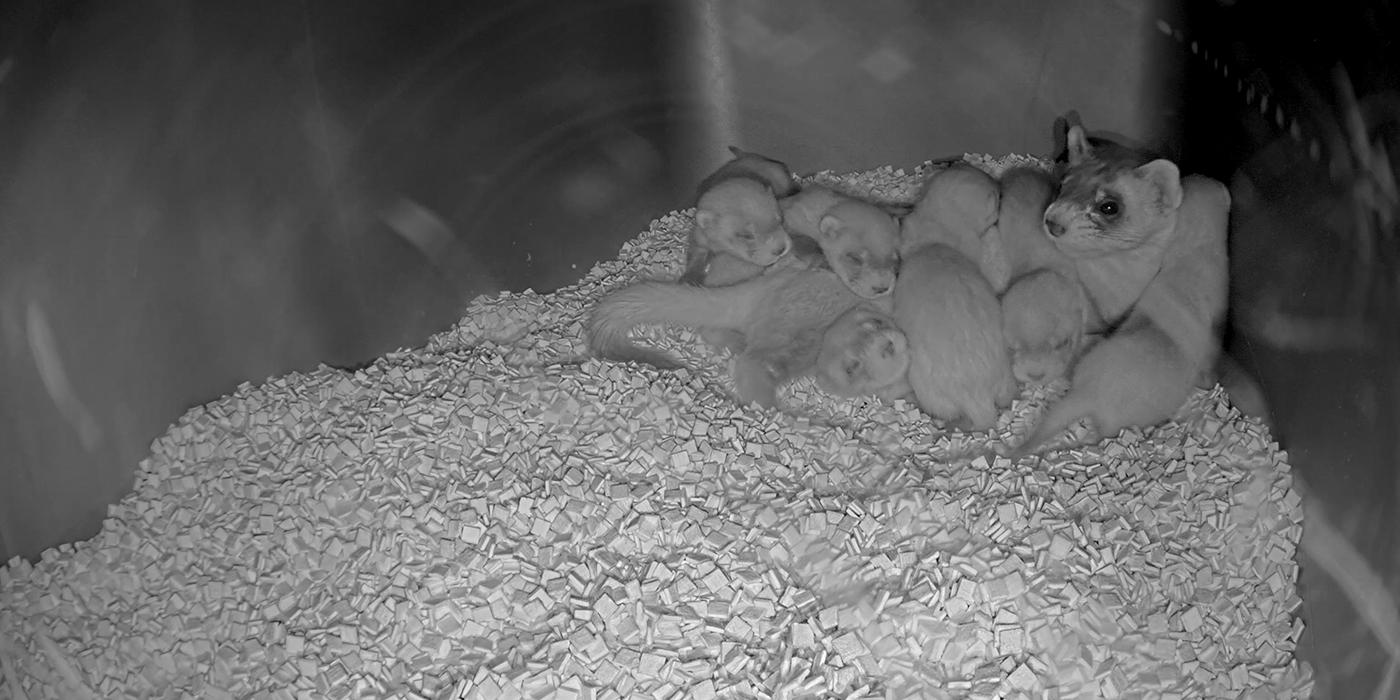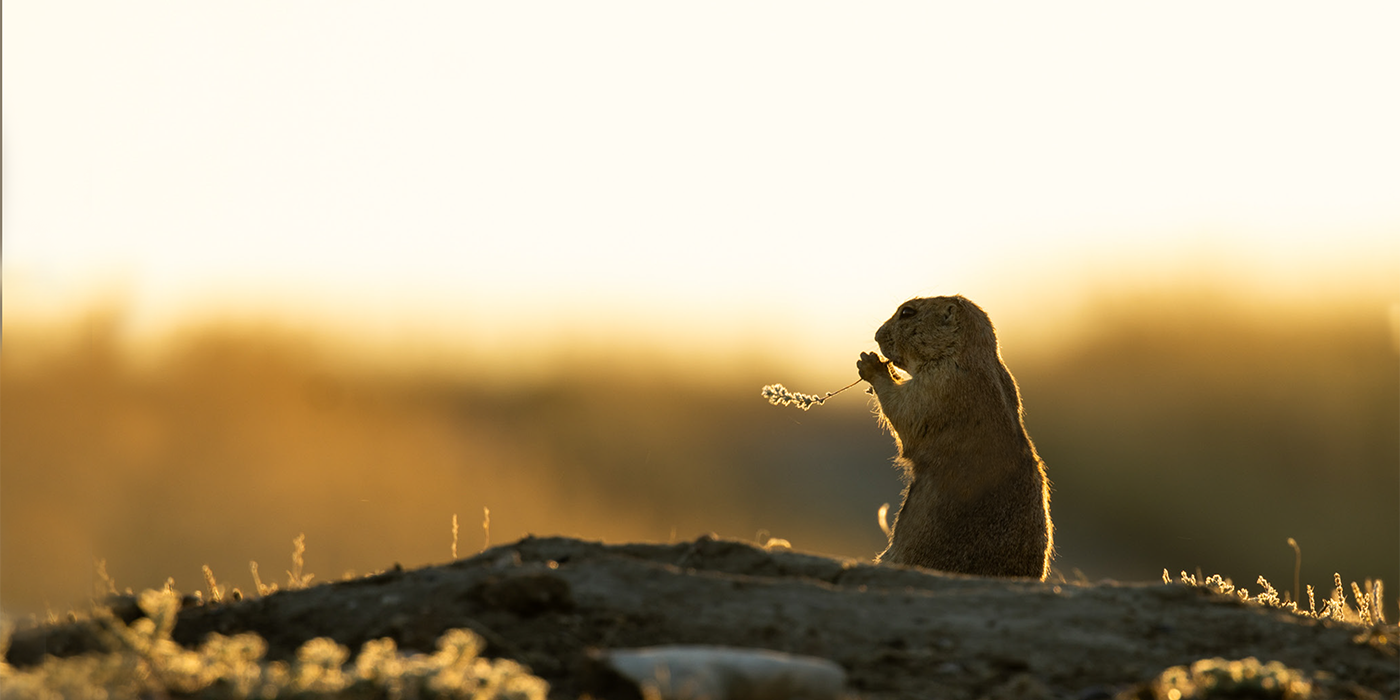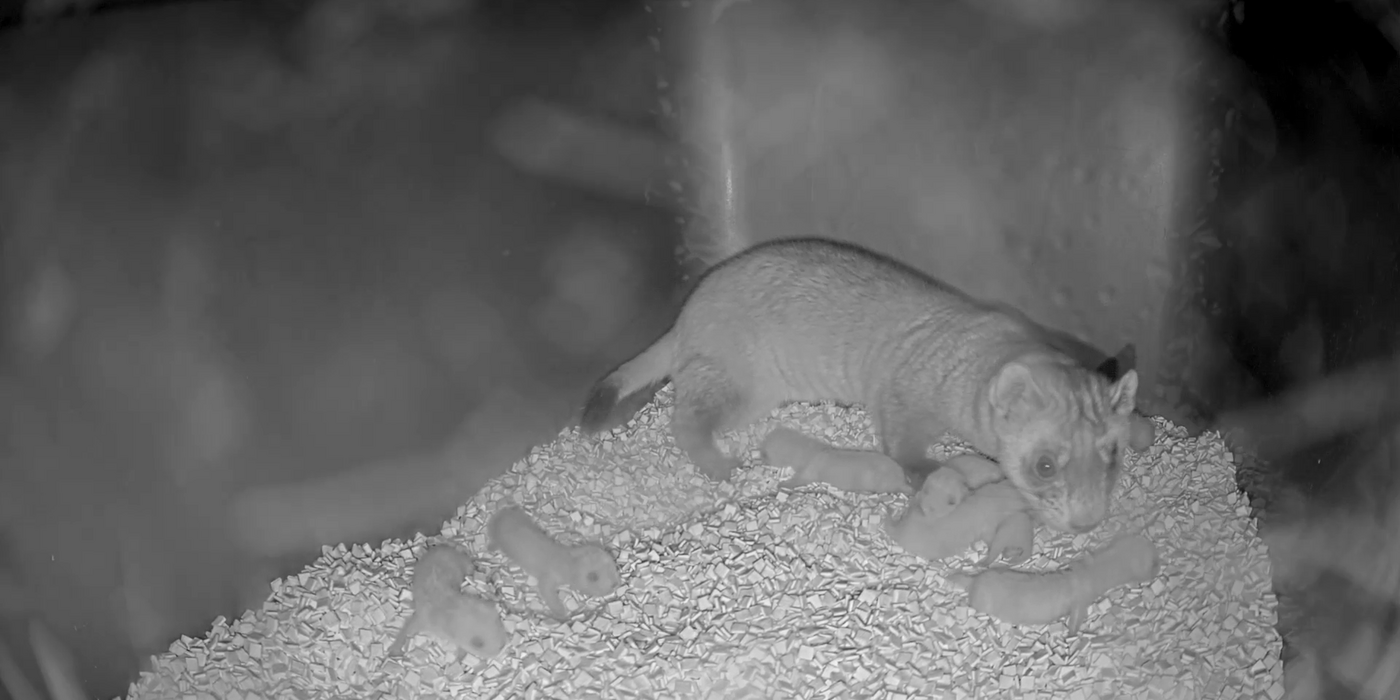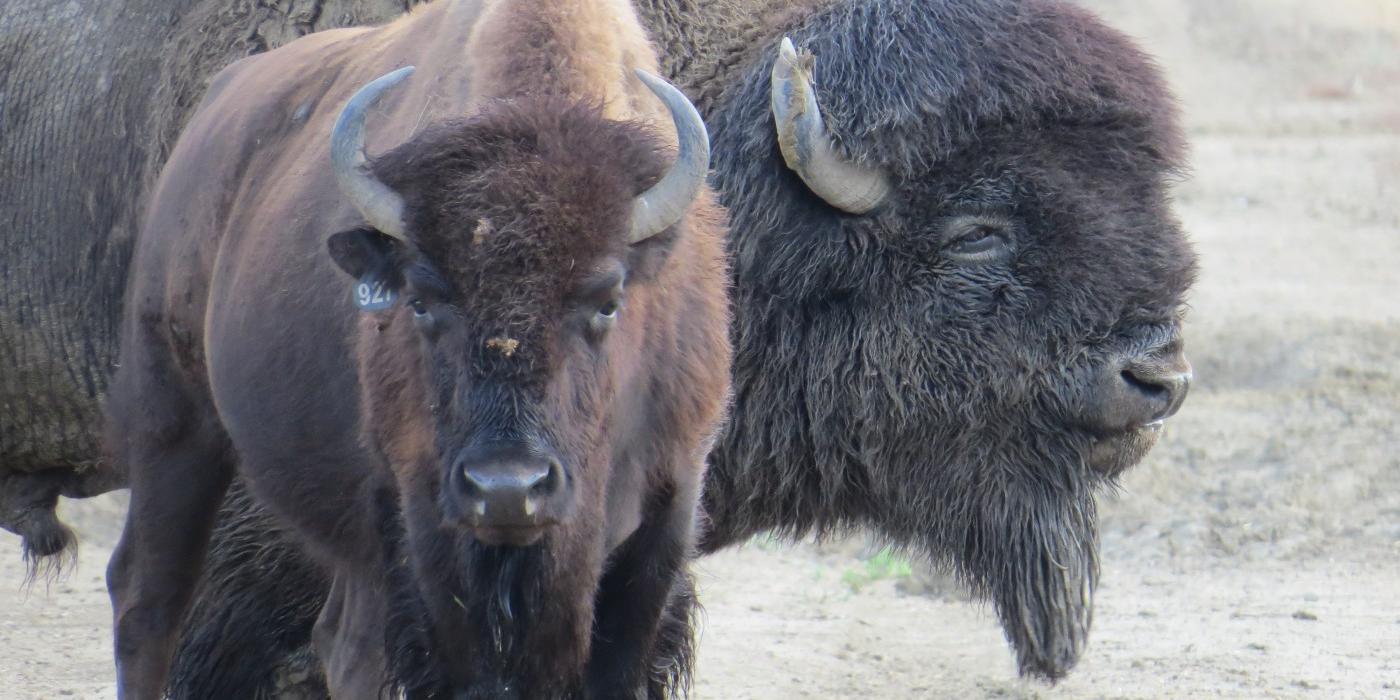Farewell, Black-Footed Ferret Kits!

We hope that you have enjoyed watching black-footed ferret Potpie and her kits on the Black-footed Ferret Cam! Throughout spring and summer, Smithsonian Conservation Biology Institute (SCBI) carnivore keepers celebrated the arrival of 60 black-footed ferret kits. Every birth is important to their conservation, as the International Union for Conservation of Nature considers the species to be endangered.
In August, Species Survival Plan (SSP) scientists conducted a genetic assessment of the entire black-footed ferret population managed in human care and determined whether the kits remained at SCBI, transferred to another breeding facility or joined the USFWS pre-conditioning program in preparation for their release into the wild. In deciding where the kits went, SSP scientists considered the animals’ genetic makeup, health and temperament, among other factors.
Of the 53 kits that survived at SCBI, 10 remained in Front Royal, Virginia, 10 were sent to other breeding facilities and 33 were slated for release into the wild. Four of Potpie’s kits were selected to join the USFWS pre-conditioning program. They arrived at the facility in early September and are currently acclimating to their new burrows and learning to hunt live prey. Two females, Ruta and Bechamel, will go to the National Black-Footed Ferret Conservation Center in Colorado and join their breeding program soon. We hope you have enjoyed watching these fascinating and highly specialized carnivores over the past five months. Join us in celebrating the next chapter in their lives — contributing to their species’ survival!
What do black-footed ferrets sound like? Where do they live? What do they eat? Check out some of the most-searched questions about black-footed ferrets, North America’s only native ferret species!
UPDATE Dec. 21, 2020: Please note that the Zoo is temporarily closed as a public health precaution to help prevent the spread of COVID-19.
Related Species:



